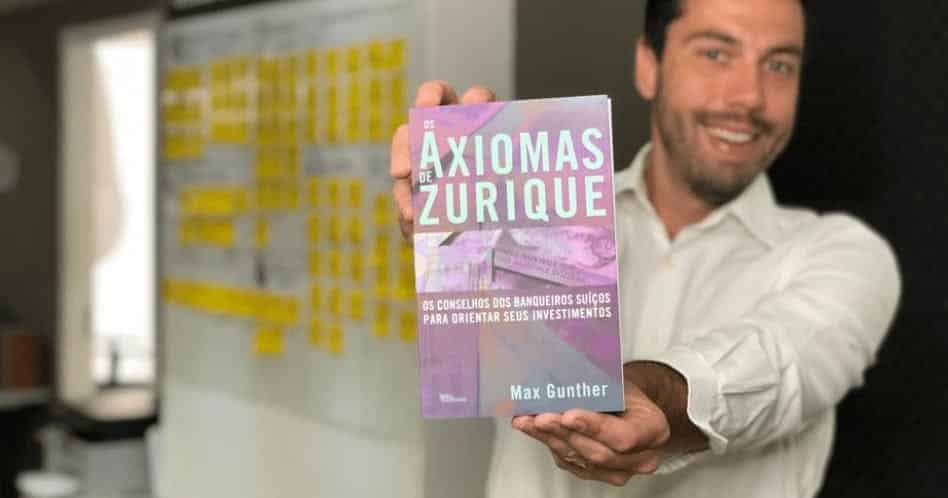
The Zurich Axioms - Max Gunther
Want to invest your money, but don't know how? In this analysis, you will learn the twelve rules, “axioms”, that were used by Swiss investors in the most diverse areas. These are simple and effective tips that are always welcome, especially when we are looking for investment information.
Choose language:
